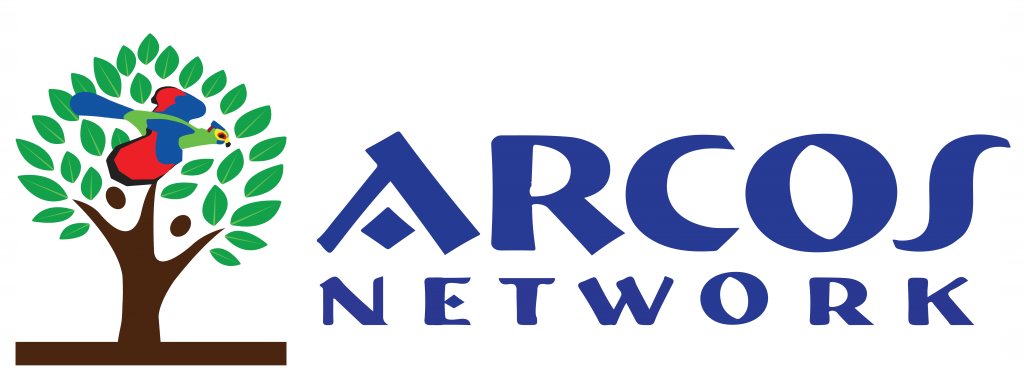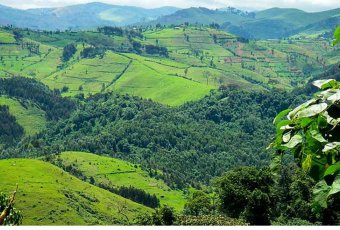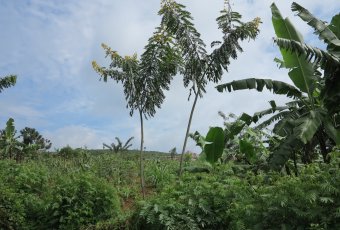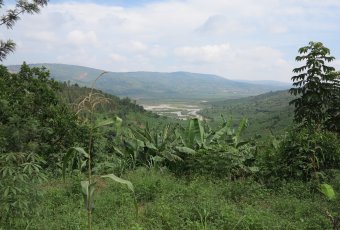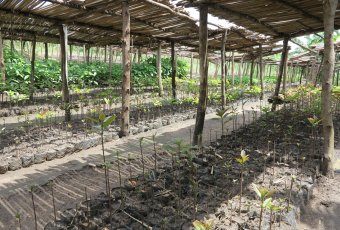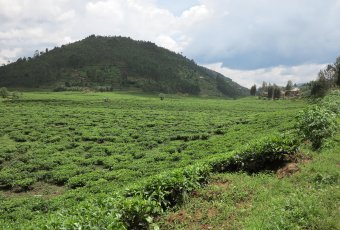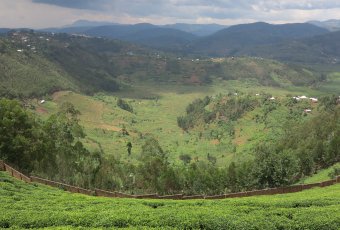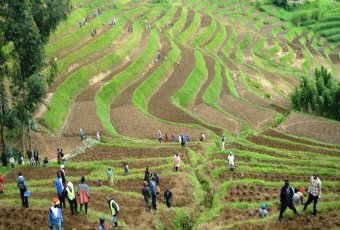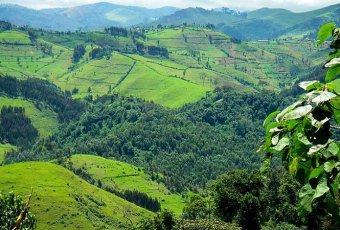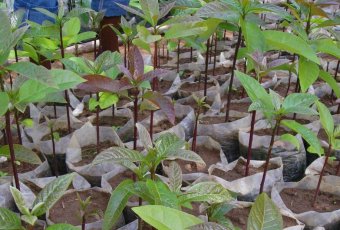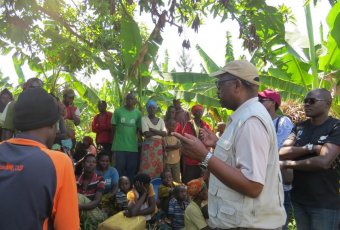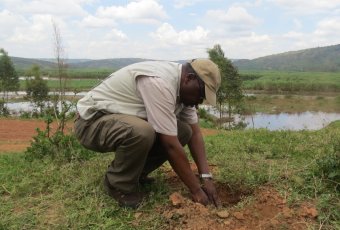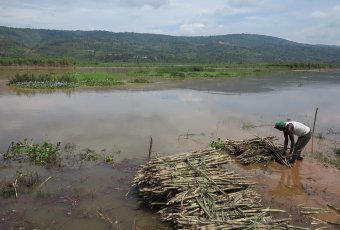The context
On the hilly slopes of Rwanda, East Africa, the livelihoods of rural communities are particularly fragile. Small country of 26 338km2, Rwanda is facing strong demographic pressure (12.3 million people), which has affected natural ecosystems and agricultural land, further exacerbated by the effects of climate change. But for the past 15 years, the country has been leading its way towards environmental, social, and economic stability. By investing in a wide range of sectors, including science, technology, environmental protection, Rwanda aims at opening its own population to a new set of market opportunities. With 82% of its population living in rural areas and depending on agriculture for a living, the government has also set the target of scaling up agroforestry on arable land and aims to restore 2 millions hectares of its land by 2024.
The project
The Livelihoods Carbon Fund 2 invests in a large-scale agroforestry and fruit tree planting project in the districts of Rulindo (Northern Province) and Bugesera (Eastern Province of Rwanda). The project will plant 3.7 million trees and train close to 30, 000 farmers to sustainable agriculture. It will be implemented by the local NGO ARCOS (Albertine Rift Conservation Society) which benefits from a strong network of public and private actors and an excellent relationship with local communities. Highly involved at every step of the project, local authorities at village and district level will support several activities such as nurseries preparation, tree planting activities, and farmer cooperatives. The project will sequester more than 2.2 million tons of CO2 over 20 years.
The social, environmental and economic impacts
The project will implement a high-scale agroforestry model by enrolling 30,000 farmers into tree planting and train them to sustainable agriculture to help restore land, improve soil fertility and develop new sources of income. It will focus on increasing crop yield and food production by improving soil fertility and controlling soil erosion. The project willprovide 300,000 fruit tree saplings (mainly mango and avocado trees), for household consumption but also marketing purposes. The farmers involved in the project will also be provided with seedlings of high-value trees for timber production and firewood which they can use to warm their houses or sell the surplus production to local markets.
Connecting the farmers to local market opportunities for vegetable and fruit production is one of the key priorities of the project, for generating new sources of income. As part of their training, they will be provided with a kit of mixed vegetable seeds, for their own consumption but also for selling to local markets. The farmers will regroup into cooperatives to facilitate access to these markets: ARCOS will play a key role to establish wholesale platforms thanks to its strong connection with local authorities.
The farmers involved in the project will be trained to maintain organic matter in the soil, reduce its erosion and increase its fertility, which in turn will preserve water resources. These practices include digging trenches that help recharge underground water and maintain a supply of water for crops while protecting the down slope soil from erosion. Planting grass strips on terraces along contours to reduce the amount of water flowing down the slopes will also help conserve arable land. These grasses will in turn serve as fodder for farmers’ livestock. Eventually, digging of tied ridges that can help interrupt or block the furrows in dry soils areas will also prevent the water from flowing along the furrows, help conserve soil moisture and prevent water erosion.
Our partners
